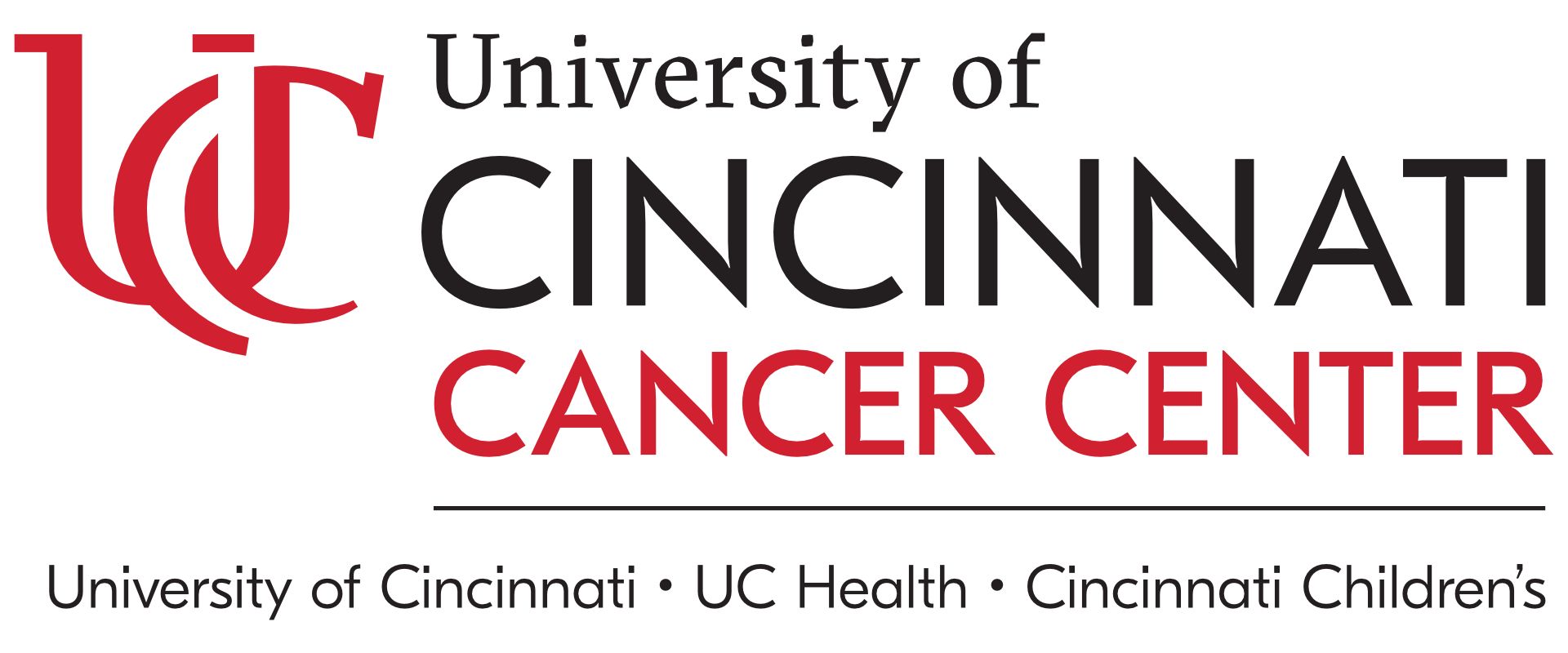
Dr. Herzog on the Optimal Use of Bevacizumab in Patients With Ovarian Cancer

Thomas Herzog, MD, professor of obstetrics and gynecology, deputy director, University of Cincinnati Cancer Institute, discusses the optimal use of bevacizumab (Avastin) in patients with ovarian cancer.
Thomas Herzog, MD, professor of obstetrics and gynecology, deputy director, University of Cincinnati Cancer Institute, discusses the optimal use of bevacizumab (Avastin) in patients with ovarian cancer.
In June 2018, the FDA approved bevacizumab for use in combination with carboplatin and paclitaxel followed by bevacizumab monotherapy, for the treatment of patients with advanced ovarian cancer following initial surgical resection. Now, bevacizumab has 3 indications in ovarian cancer, and deciding in which patients to use it depends on several factors, explains Herzog.
Herzog explains that bevacizumab is very effective in getting patients with plural effusions and large volume ascites off of having to be tapped, either through arthrocentesis or paracentesis. Additionally, a subgroup analysis from the ICON7 trial looked at patients with high-volume disease and a high risk of relapse, and showed that those patients had a significant improvement in progression-free survival and perhaps an overall survival advantage, says Herzog.
Whether it should be considered in all-comers is still up for debate, though many physicians will, says Herzog. Herzog believes that its use will likely increase following the approval, as insurance may be more likely to cover the agent.






































